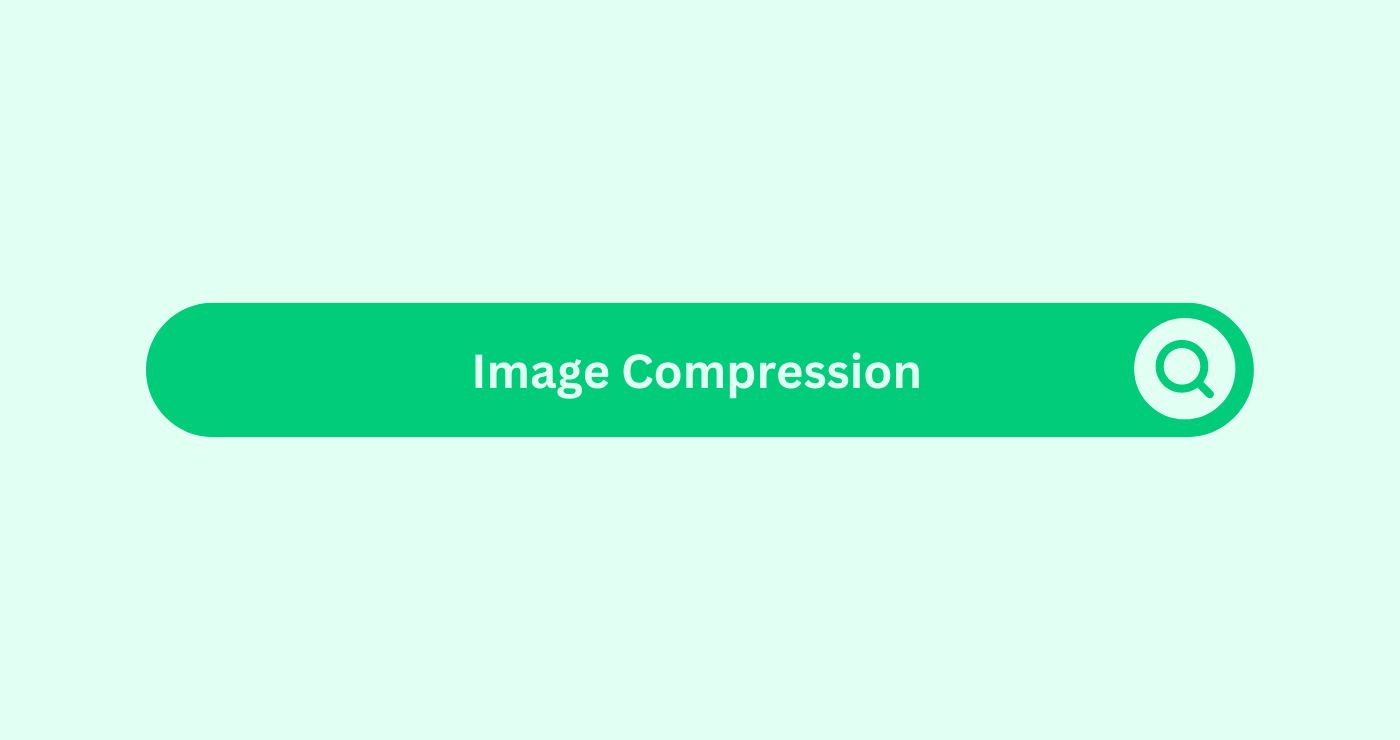Definition
Image compression refers to the process of reducing the size of an image file without significantly affecting its visual quality. This is achieved by removing redundant or unnecessary data from the image while retaining as much relevant information as possible. Image compression plays a crucial role in various fields, including web development, digital photography, and graphic design, as it helps to optimise storage space, improve loading times, and enhance the user experience.
You can Utilise image compression to optimize your website’s performance by reducing the file size of images without compromising their quality. For example, if you have a website that showcases product images, using image compression techniques can help to minimize loading times, thereby improving the overall user experience. Let’s say you have a high-resolution image of a product that is 2 MB in size. By applying image compression, you can reduce the file size to, let’s say, 500 KB, making it load faster on your website while still maintaining visual clarity.
How You Can Use Image Compression
Calculation
Image compression can be calculated using various algorithms and techniques, such as lossy compression and lossless compression. Lossy compression methods discard some image data during the compression process, resulting in a smaller file size but potentially lower image quality. On the other hand, lossless compression techniques aim to reduce file size without sacrificing image quality by eliminating redundant data while preserving all original image information.
Key Takeaways
- Optimize website performance by reducing image file sizes.
- Balance between file size reduction and image quality preservation.
- Utilize both lossy and lossless compression techniques as per requirements.
- Regularly monitor and update image compression settings for optimal results.
- Test compressed images across various devices and screen resolutions to ensure compatibility and visual integrity.
FAQs
What is image compression?
Image compression is the process of reducing the size of an image file without significantly affecting its visual quality.
Why is image compression important for SEO?
Image compression helps to optimize website performance by reducing loading times, which can positively impact SEO rankings.
What are the different types of image compression?
There are two main types of image compression: lossy compression and lossless compression.
How does image compression affect website loading times?
By reducing the size of image files, image compression can significantly improve website loading times, leading to better user experience and SEO performance.
Can image compression lead to loss of image quality?
While lossy compression methods may result in some loss of image quality, lossless compression techniques aim to preserve image quality while reducing file size.
What tools can be used for image compression?
There are various online tools and software available for image compression, including Adobe Photoshop, GIMP, and online image compressors like Tiny PNG and JPEG Optimizer.
Is there a limit to how much I can compress an image?
While you can compress images to reduce file size, it's essential to balance compression with maintaining acceptable image quality.
How often should I compress images on my website?
It's recommended to regularly review and compress images on your website to ensure optimal performance and user experience.
Can image compression improve mobile website performance?
Yes, image compression can significantly improve mobile website performance by reducing loading times, which is crucial for mobile SEO and user engagementDefinition Engagement in content marketing refers to the deg....
Are there any best practices for image compression in SEO?
Some best practices for image compression in SEO include optimising alt textDefinition Alt text boosts accessibility, aids SEO by provid..., choosing the right file format, and utilizing responsive images for mobile optimisationWhat is mobile optimisation in the context of SEO? Mobile SE....




